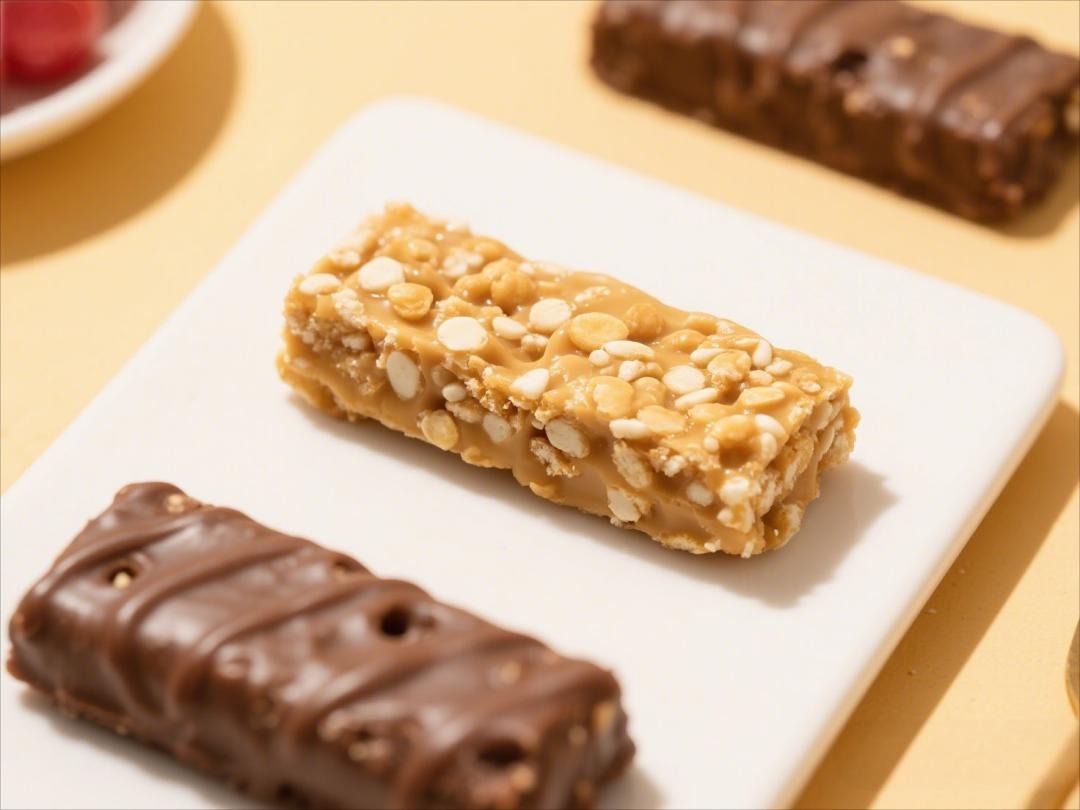Protein bars might seem like the ultimate snack for health-conscious folks, but not all of them are as nutritious as they claim. Many are packed with hidden sugars, artificial ingredients, and empty calories that can sabotage your health goals. Before you grab that bar, let’s dive into the ones you should avoid and why they might not be the best choice for your nutrition.

Some protein bars are loaded with sugar, making them more like a candy bar than a healthy snack. Brands like XYZ Protein Bar and ABC Energy Bar often contain upwards of 20 grams of sugar per serving. That’s almost as much as a can of soda! Excessive sugar intake can lead to energy crashes, weight gain, and even long-term health issues like diabetes. Always check the nutrition label and opt for bars with less than 5 grams of sugar.
Many protein bars rely on artificial sweeteners, flavors, and preservatives to enhance taste and shelf life. Ingredients like sucralose, aspartame, and artificial colors can wreak havoc on your gut health and overall well-being. Bars like DEF Protein Plus and GHI Muscle Builder are notorious for their long list of unpronounceable ingredients. If you can’t recognize what’s in it, it’s probably not doing your body any favors.
Not all protein bars are created equal when it comes to calorie content. Some, like JKL Power Bar and MNO Protein Snack, pack in over 300 calories per bar but offer little in terms of vitamins, minerals, or fiber. These bars can easily derail your calorie goals without providing the nutrients your body needs. Look for bars that balance calories with a good mix of protein, healthy fats, and fiber.
For those with sensitivities or allergies, some protein bars can be a nightmare. Bars like PQR Whey Protein and STU Energy Boost often contain gluten or dairy, which can cause bloating, digestive issues, or allergic reactions. If you’re sensitive to these ingredients, seek out bars labeled gluten-free or dairy-free, or better yet, opt for whole-food alternatives like nuts or seeds.
Just because a bar says “high protein” doesn’t mean it’s a good source of quality protein. Some bars, like VWX Protein Crunch and YZX Muscle Fuel, use low-quality protein sources like hydrolyzed collagen or soy protein isolate, which lack essential amino acids. These bars might not support muscle repair or recovery as effectively as those with whey, pea, or hemp protein. Always check the protein source and aim for bars with at least 10 grams of high-quality protein.
While some fats are good for you, others can be downright harmful. Bars like BCD Protein Delight and EFG Energy Bar often contain trans fats or excessive saturated fats, which can increase your risk of heart disease. These fats are often hidden under names like “partially hydrogenated oils” on the ingredient list. Stick to bars with healthy fats from nuts, seeds, or coconut oil.
Fiber is essential for digestion, but not all protein bars deliver on this front. Bars like HIJ Protein Plus and KLM Energy Snack often skimp on fiber, leaving you feeling unsatisfied and bloated. Look for bars with at least 3-5 grams of fiber to keep your gut happy and your hunger in check.
Many protein bars are highly processed, stripping them of their natural nutrients. Bars like NOP Protein Crunch and QRS Energy Boost are often made with refined ingredients that offer little nutritional value. While they might be convenient, they’re not the best choice for long-term health. Whenever possible, choose bars with minimal, whole-food ingredients.
Protein bars can be a minefield for those with food allergies. Bars like TUV Protein Snack and WXY Energy Bar often contain common allergens like nuts, soy, or eggs. If you have allergies, always read the label carefully and consider allergen-free options or whole-food snacks instead.
Flashy packaging and bold claims can be misleading. Bars like ZYX Protein Power and ABC Muscle Builder often use buzzwords like “natural,” “organic,” or “low-carb” to lure you in, but the ingredients tell a different story. Don’t let marketing tactics fool you—always read the label and do your research before making a purchase.
Protein bars can be a convenient snack, but not all of them are created equal. By avoiding these 10 types of bars, you can make smarter choices that align with your health goals. Remember, the best snacks are often the simplest—whole, unprocessed foods that nourish your body without the hidden downsides.
























